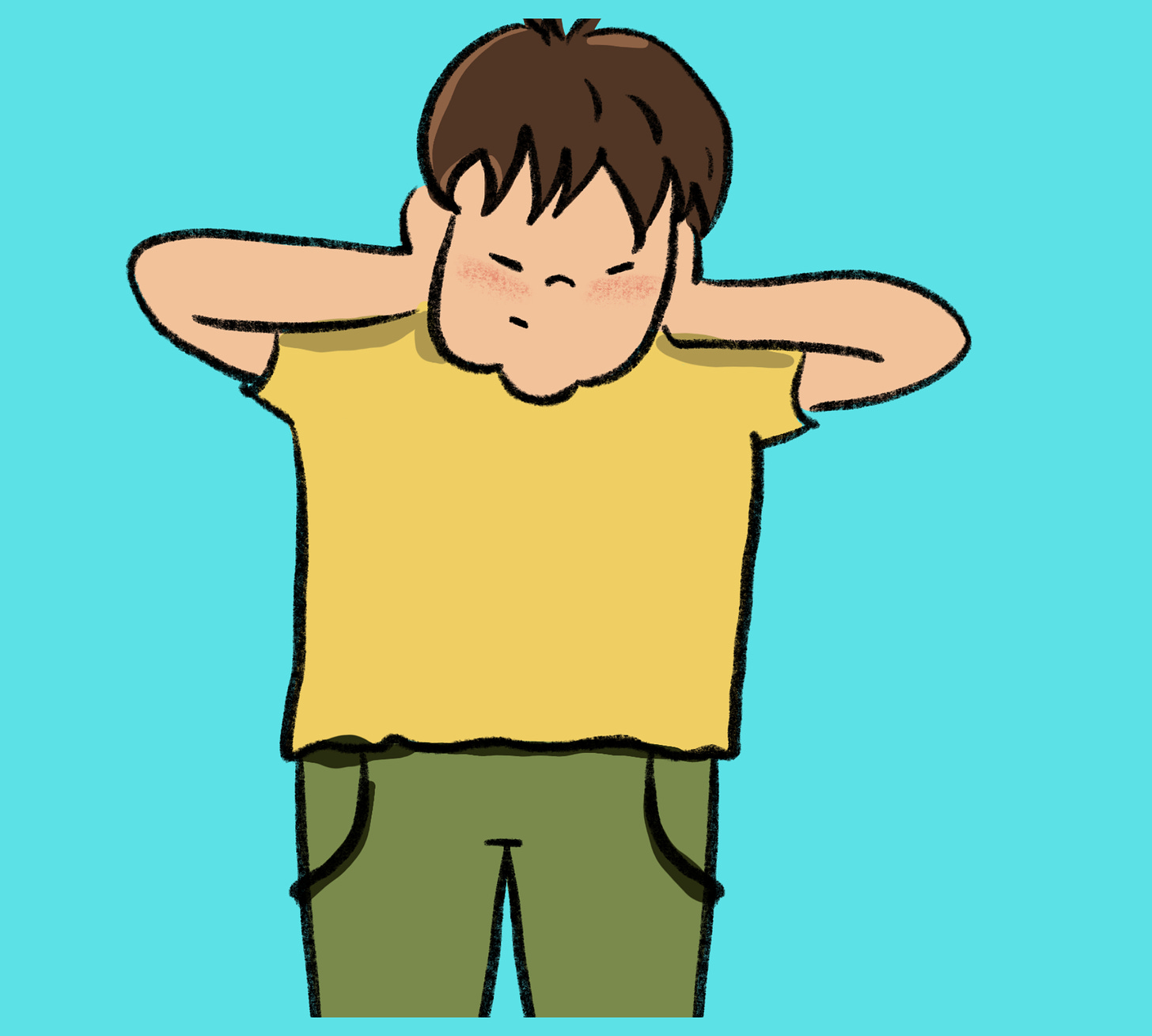Autism & Narcissism: The Surprising Connection & What Sets Them Apart
Can autism and NPD co-exist?
When most people think of autism, they think of a person who is socially awkward and has difficulty interacting with others. But what they may not know is that autism spectrum disorder (ASD) also includes those who exhibit narcissistic personality traits.
Surprisingly, the two conditions may have more in common than you think. So what sets them apart? And how can parents and professionals tell if someone has ASD or narcissism? Read on to find out.
1. What is autism and what are the symptoms?
Autism is a developmental disorder that affects communication and social skills. It can cause problems with speech, nonverbal communication, and relationships. autism is diagnosed in people who have difficulties with social interactions and communication, and who have restricted or repetitive patterns of behavior. Some common symptoms of autism include:
Difficulty with verbal and nonverbal communication
Problems with social interaction
Restricted or repetitive patterns of behavior
People with autism may also have other medical conditions, such as:
Attention deficit hyperactivity disorder (ADHD)
Anxiety disorders
Depression
Epilepsy
Sleep disorders
Autism spectrum disorder (ASD) is a term used to describe a range of conditions that affect social interaction, communication, and behavior. ASD includes autism, Asperger syndrome, and pervasive developmental disorder not otherwise specified (PDD-NOS). According to the Centers for Disease Control and Prevention (CDC), about one in 68 children has been diagnosed with ASD.
There is no single cause of autism, but it is believed to be caused by a combination of genetic and environmental factors. There is no cure for autism, but there are treatments that can help improve symptoms.
2. What is narcissism and what are the symptoms?
Narcissism is a personality disorder that is characterized by a grandiose sense of self-importance, a need for admiration, and a lack of empathy. People with narcissism often have an excessive need for admiration and affirmation, and they often take advantage of others to get what they want. Some common symptoms of narcissism include:
Inflated sense of self-importance
Need for admiration
Lack of empathy
Manipulative behavior
People with narcissism may also have other mental health disorders, such as:
Bipolar disorder
Obsessive-compulsive disorder (OCD)
Attention deficit hyperactivity disorder (ADHD)
Narcissism is diagnosed based on a person’s symptoms, as well as their score on the Narcissistic Personality Inventory (NPI). The NPI is a questionnaire that measures different aspects of narcissism.
Top Narcissistic personality online Test in 2022
Narcissism is treatable with therapy. The goal of therapy is to help the person with narcissism learn how to relate to others in a more healthy way.
Differences between Autism and Narcissism
1. Individuals with autism are often self-critical and lack a sense of self-importance, while those with narcissism are often boastful and have an inflated sense of self-worth.
2. Individuals with autism typically have difficulty understanding social cues, whereas individuals with narcissism often understand social cues but choose to ignore them or use them to manipulate others.
3. Individuals with autism may feel socially isolated and insecure, whereas individuals with narcissism often enjoy being the center of attention.
4. Individuals with autism may be preoccupied with specific details or routines, whereas individuals with narcissism are more likely to be impulsive and carefree.
5. Autism is a neurological disorder that affects communication and interaction skills, while narcissism is a personality disorder that can cause people to act in manipulative or self-centered ways.
5 similarities between Autism and Narcissism
1. Both autism and narcissism involve a lack of empathy. For people with autism, this may be because they have difficulty understanding other people’s thoughts and feelings, while people with narcissism may not care about others’ feelings because they are only concerned with themselves.
2. Both autism and narcissism can involve difficulty with social interactions. People with autism may find it difficult to understand social cues, while people with narcissism may be arrogant and domineering in their interactions.
3. Both autism and narcissism can cause problems in relationships. People with autism may be too shy or withdrawn to form relationships, while people with a narcissistic personality disorder often have explosive tempers and unstable relationships.
4. Both autism and narcissism can be difficult to treat. There is no cure for autism, but there are treatments that can help improve symptoms. Narcissism is also a difficult condition to treat, but therapy can help the person with narcissism learn how to relate to others in a more healthy way.
Can Autism and NPD co-exist?
Yes, autism and NPD can co-exist. In fact, some research suggests that autism may be a risk factor for developing a narcissistic personality disorder. People with autism may be more likely to develop narcissism due to their difficulty with social interaction and communication.





Had a relationship with a female covert narcissist.
The typical love bombing/devaluation/discart happened with the gaslighting/manipulation/projections/flying monkeys/social isolation/etc.
Found myself back, and after dating for months I started a relation with a female autist (her mother told me months after we were together, and things started to get odd).
There were many overlaps, like a lack of empathy and emotional connection.
She had PDD NOS, ADD, a mild intellectual disability, PTSD, was highly insecure, and had a anxious avoidment attachment style.
Both were NOT relationship material, and my advice: run for the hills ASAP if you find out if they are a cluster B or a damaged individual who is on the spectrum.
They ruïn your life, drain your energy, aren't trustworthy, aren't commited and instead of a partner, you have a patient and a project which give you nothing but problems.
A personality disorder and a neurological disorder, are the same thing because personality is neurology.
I think all cluster b and autism and psychopathy are just different types of 1 spektrum.
Narcicissm is basically just autism where reading other people is not impaired.
Autists are harmless because they lack the ability to manipulate others.